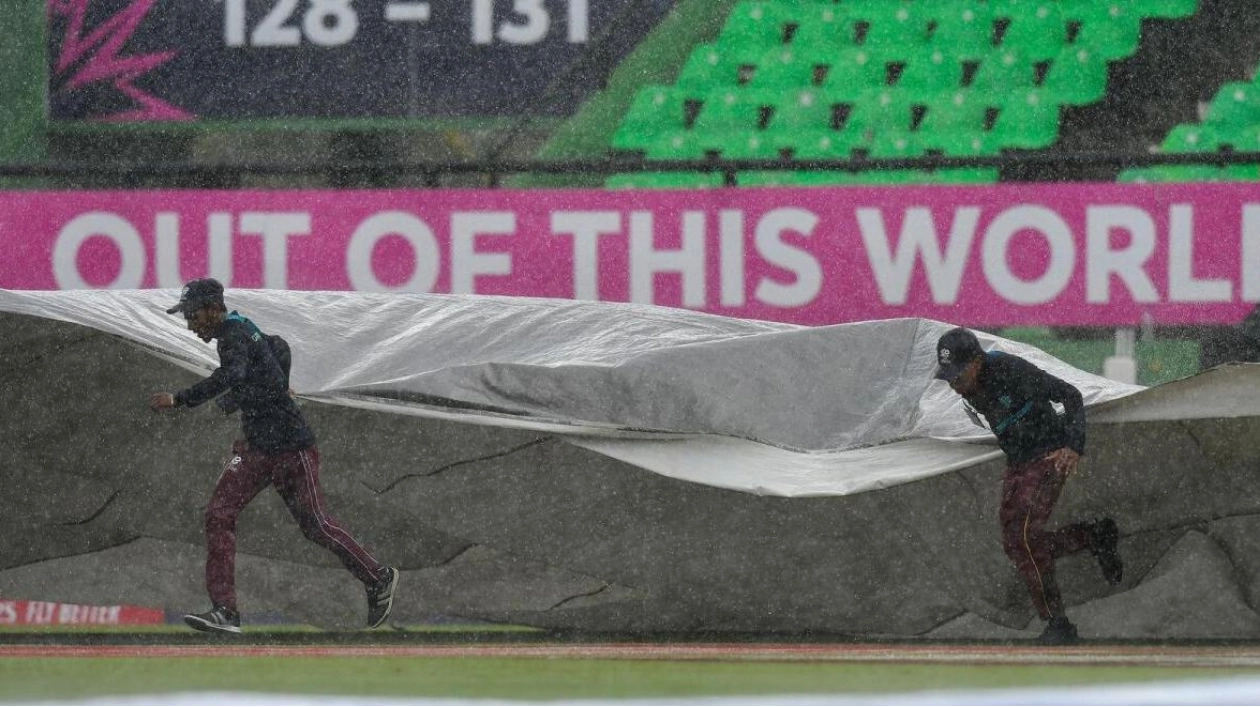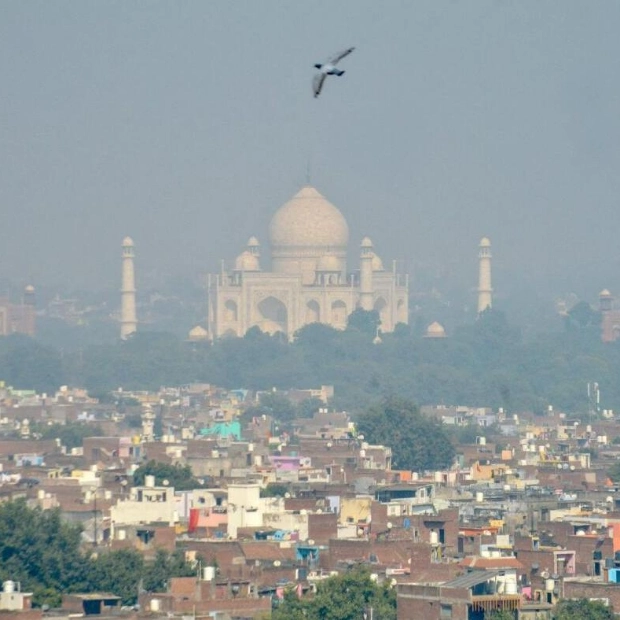As India strives to end their 17-year quest for the prestigious trophy, South Africa aims to etch their name in history by clinching the T20 World Cup for the first time on Saturday evening. Fans are on the edge of their seats in anticipation of this eagerly awaited match. However, following the rain interruption during the semifinal on Thursday, cricket enthusiasts are left wondering – will the final be affected by rain today? Let's examine the weather forecast for June 29:
In the morning, conditions are predicted to be overcast, windy, and humid, with a thunderstorm affecting certain areas. There is a 44 percent chance of precipitation, accompanied by 98 percent cloud cover. As the afternoon progresses, cloud cover is expected to rise to 99 percent, with the likelihood of rain increasing to 46 percent. This evening, the weather will remain predominantly cloudy, with a thunderstorm impacting parts of the country, and it will also be humid. There is a 44 percent chance of precipitation, with 91 percent cloud cover.
Although there is a possibility of rain in Barbados today, the International Cricket Council has stated that "the umpires shall strive to maximize play on the scheduled day of the match to achieve a result on that day, as if there was no Reserve Day available". Umpires will initially attempt to complete the play on the scheduled day by extending time and potentially reducing the required number of overs. However, if play does not resume by the designated cut-off time, the game will be postponed and will continue on the Reserve Day, June 30.
In the event of the Reserve Day, if the match proceeds on June 30, it will resume from the last ball bowled on Thursday. For instance, if rain halts the game at 9 overs, and umpires reduce the overs to 17, but play does not recommence due to rain – the match will resume on the Reserve Day at 20 overs. Conversely, if play resumes after the reduction in overs but is again interrupted by rain, the match will continue on the Reserve Day with the reduced number of overs (17, in this example).






